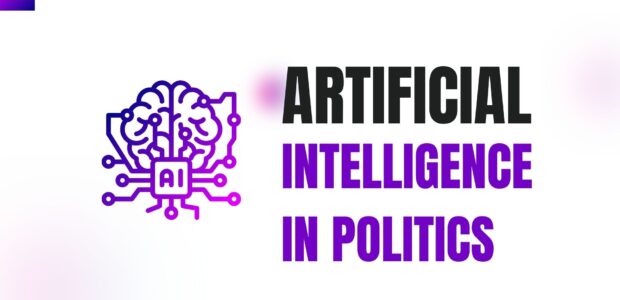Introduction
Artificial Intelligence (AI) is no longer limited to science labs or tech companies—it has entered the heart of politics. From election campaigns to policymaking, AI is transforming how governments operate and how citizens engage with democracy. But with great potential comes serious risks. Is AI an opportunity to improve governance, or a threat to freedom and transparency?
1. AI in Political Campaigns
AI tools are helping politicians understand voters better than ever. Data-driven campaigns can target specific groups with personalized messages, increasing voter engagement. However, this raises ethical questions about manipulation, privacy, and the fairness of elections.
2. Fighting (or Fueling) Misinformation
AI-powered bots and deepfakes can spread fake news at an alarming speed, undermining trust in political institutions. At the same time, AI is also being used to detect and block misinformation. The battle between truth and lies is becoming increasingly AI-driven.
3. AI in Policymaking and Governance
Governments are experimenting with AI to analyze big data, predict social issues, and improve decision-making. For example, AI can identify economic risks, track environmental changes, and forecast healthcare needs. But overreliance on algorithms may lead to biased or unfair policies if not properly regulated.
4. Surveillance and Privacy Concerns
In some countries, AI-driven surveillance tools monitor citizens’ behavior, raising fears of authoritarian control. While such systems can improve security, they often come at the cost of civil liberties and personal freedom. Striking the right balance will be one of politics’ greatest challenges.
5. The Ethical Debate
Who controls AI in politics? Should private tech companies be allowed to shape elections and governance, or should governments regulate AI strictly? These questions will dominate political debates in 2025 and beyond.
Conclusion
AI in politics is a double-edged sword. It has the potential to make governance more efficient, campaigns more engaging, and societies more informed. Yet, it also risks spreading disinformation, deepening political divides, and enabling authoritarian surveillance. The future depends on how wisely leaders and citizens handle this powerful tool.


